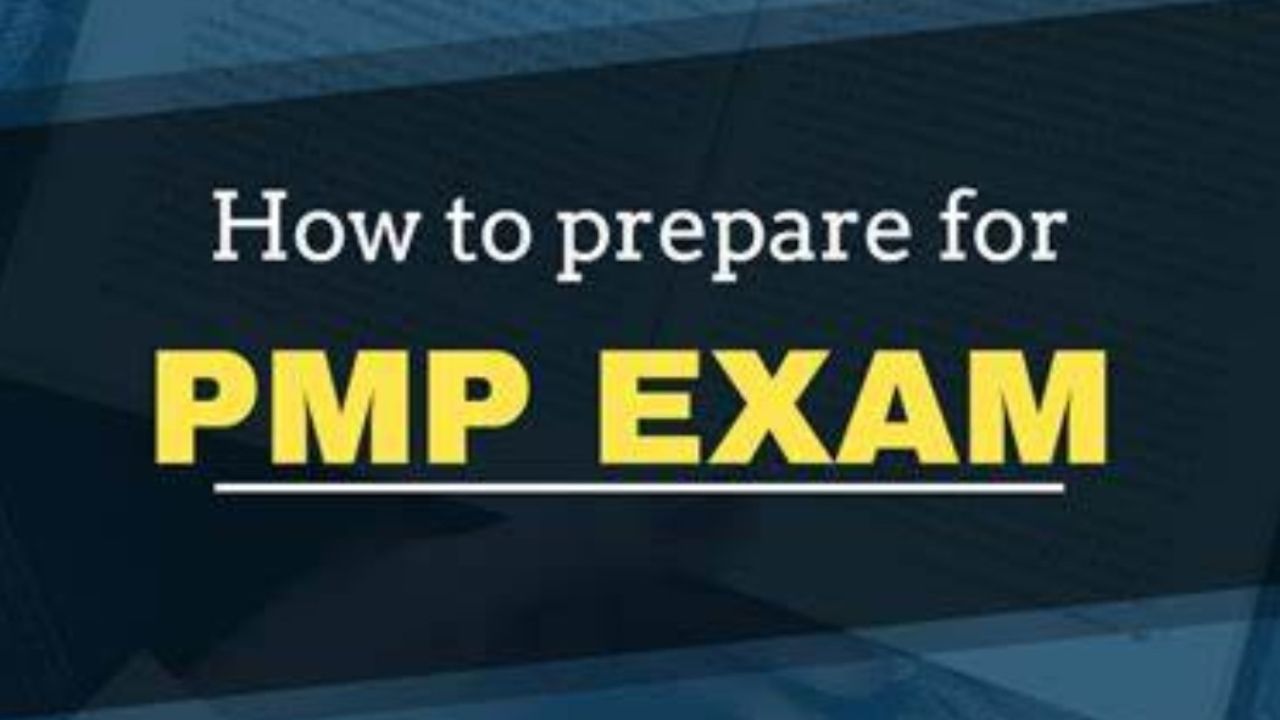
- by Team Handson
- November 18, 2024
How to Prepare for the PMP Exam
If you’re arranging to take the Extend Administration Proficient (PMP) exam, you likely as of now know it’s a huge bargain in the world of extended administration. It’s not fair to another certification—it’s a verification of your skill and can open up unimaginable openings in your career.
But let’s be genuine: the PMP exam is extreme. It takes arrangement, tolerance, and a savvy procedure to pass. If you’re feeling overpowered, don’t stress. I’ll walk you through precisely how to get ready, step by step, so you can approach the exam with confidence.
Step 1: Get it What the PMP Exam Is All About
Before you begin considering, it’s critical to know what you’re up against. The PMP exam isn’t fair almost memorizing facts—it’s around applying venture administration standards to real-world circumstances.
Here are the basics:
- Structure: The exam has 180 questions, and you have 230 minutes. Questions are a blend of multiple-choice, drag-and-drop, and scenario-based formats.
- Domains: The exam centers on three key areas:
- People (overseeing teams)
- Process (executing ventures successfully)
- Business Environment (adjusting ventures with organizational goals)
Eligibility: You’ll need:
- A four-year degree + 36 months of venture administration involvement, or
- A tall school confirmation + 60 months of experience.
- And 35 hours of expanded organization instruction or CAPM certification.
- Make past any question you meet these necessities a few times as of late applying.
Step 2: Arrange Your Think about Schedule
You can’t pack for the PMP exam—it’s as well point by point for that. A strong arrange is key.
Set a Timeline
Decide when you need to take the exam. Most individuals spend approximately 2-4 months planning. If you’re adjusting a full-time work, point for at slightest 10-15 hours of think about per week.
Break It Down
Divide your arrangement into reasonable pieces. For example:
Weeks 1-2: Peruse through the PMBOK® Direct (the official exam asset) and get familiar with the basics.
Weeks 3-4: Center on the individual domain—team administration, administration, and struggle resolution.
Weeks 5-6: Handle Prepare subjects like extend arranging, chance administration, and scheduling.
Weeks 7-8: Jump into Dexterous and crossover extend administration methods.
Be steady and adhere to your plan as much as possible.
Step 3: Select the Right Consider Materials
Having the right assets makes a tremendous contrast. Here’s what I recommend:
- PMBOK® Guide: This is the official guide for the exam. Don’t try to memorize it—focus on understanding the concepts and how they apply to projects.
- Agile Practice Guide: Agile methods are a big part of the exam, so this is a must-read.
- PMP Prep Books: I highly recommend Rita Mulcahy’s PMP Exam Prep. It’s practical and easy to follow.
- Online Courses: Platforms like Udemy, LinkedIn Learning, or PMI’s own training partners offer excellent courses to help you prepare.
- Practice Apps: Apps like PMP Pocket Prep are great for quick quizzes and practice questions on the go.
Step 4: Total the 35-Hour Preparing Requirement
You require 35 hours of formal venture administration instruction to sit for the PMP exam. If you haven’t done this, however, now’s the time to enlist in a course.
Look for a PMI-approved course that covers both conventional and Dexterous venture administration. Numerous online alternatives permit you to learn at your possess pace.
Step 5: Practice, Practice, Practice
This step is basic. The PMP exam is not fair approximately information but approximately applying it to real-life scenarios.
Take Mock Exams
Start with shorter quizzes to test your understanding of specific topics. Then move on to full-length mock exams to simulate the real test experience. This helps you:
- Get used to the question format.
- Practice time management (230 minutes for 180 questions is tight!).
- Identify areas where you need more study.
- Aim to take at least 3-4 mock exams and review your answers thoroughly.
Center on Application
Many PMP questions are situational. Instep of inquiring “What is X?” they’ll inquire, “What would you do in this situation?” Practicing these sorts of questions will move forward your problem-solving aptitudes.
Step 6: Work on Your Weak Areas
After each mock exam, review your results carefully. Which topics are tripping you up?
For example, if you’re struggling with Agile concepts, revisit the Agile Practice Guide or watch videos to reinforce your understanding. If risk management isn’t clicking, find case studies or examples to bring the theory to life.
Step 7: Stay Consistent and Take Care of Yourself
Preparing for the PMP exam is like running a marathon—it’s a long process, and you need to pace yourself.
- Consider a small each day: Indeed if it’s fair 30 minutes, consistency things more than cramming.
- Take breaks: Burnout is genuine. Provide yourself a day off each week to recharge.
- Stay solid: Eat well, rest sufficient, and work out to keep your vitality levels up.
Remember, you’re planning for a certification that will advantage you for a long time. It’s worth the exertion.
Step 8: Exam Day Tips
When exam day arrives, be ready:
Arrive Early: If you’re taking the test at a center, get there at reached 30 minutes early. For online exams, set up your space and test your equipment beforehand.
Final Thoughts
The PMP exam is challenging, but it’s not inconceivable. With the right attitude, resources, and arranging, you can pass it and win a certification that sets you isolated in your field.






